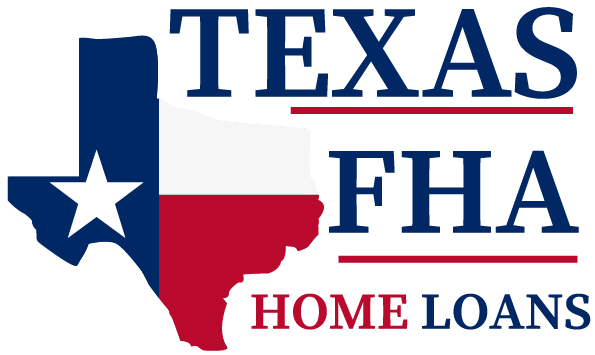- Attractive Interest Rates
- Flexible Qualifications
- Low Down Payments
FHA Income Qualifications & Requirements
To be eligible for an FHA insured mortgage, FHA does not require a minimum length of time that a borrower must have held a position of employment. However, the borrower’s employment for the recent two (2) full years must be verified.
The borrower’s ability to repay the loan is a big factor that’s considered when qualifying for a loan. Effective income is calculated which includes, base salary, overtime, and bonus. Overtime and bonus income can be used to qualify a borrower if they have been receiving this income for the past two (2) years and if it will likely continue.
If employment verification shows that the borrower has not been receiving overtime pay and bonus in the last two years, it may not be used in qualifying. Moreover, if employment verification states that overtime and/or bonus income is unlikely to continue, it may not be used in qualifying also.
WHY HOMEBUYERS ARE CHOOSING US?
CLOSE ON TIME
GREAT RATES & LOW FEES
EXCEPTIONAL CUSTOMER SERVICE
FHA Income Guidelines
- Be employed in the current job for six months or longer; and
- Explain any gaps in employment that span 30 days or more;
- Must qualify using base income only.
Part-Time and Seasonal Income
Part-time income not meeting the qualifying requirements may be considered as a compensating factor only but not to actually qualify for the loan.
Seasonal income may be considered if it is uninterrupted and may be used to qualify for the loan if the borrower:
- Has worked the same job for the past two years, and
- Expects to be rehired the next season.

Commission Income
Commission income must be averaged over the previous two years. In order to qualify for an FHA insured loan, the borrower must:
- Provide signed copies of the last 2 years tax returns, and
- Provide a most recent 30-day paycheck stub.
Commission income that is not stable and decreases from one year to the next will require a significant compensating factor before a borrower can be approved for the loan. If an employee receives 30% or more of his effective income as a commission, the two-year rule will apply.
Commission income received for less than one year is not considered effective income. The exception to this rule may be made if the borrower’s compensation was changed from salary to commission within a similar position with the same employer. Also, a borrower may qualify when the portion of his earnings not attributed to a commission is enough to qualify for the mortgage.
Retirement Income
Self-Employment Income
- Corporations,
- Limited Liability or “S” Corporations, and
- Partnerships
Income from self-employment is considered stable and effective if the borrower has been self-employed for at least 2 full years. The borrower must provide:
Signed, dated individual tax returns with all applicable schedules for the most recent two full years;
- For S Corporations or partnerships, signed copies of Federal business income tax returns for the last two years, with all applicable schedules;
- A year-to-date Profit and Loss (P&L) Statement and balance sheet, and
- Business credit report for corporations and S Corporations.
Our FHA Loan Specialists are on hand to assist you should you need additional information regarding income requirements for Texas FHA loans. Contact our FHA Loan Specialist directly at 800-854-4142.
FHA Loans Help Make Home Ownership
Possible For a Wider Range of People.

An FHA Loan Specialist Ready To Help You
Our FHA Loan Specialists are always available to help you and answer any questions. You may contact a dedicated FHA Loan Specialist through our website or by calling us directly. You may also chat with us to get a quick answer to your questions.

We Make The FHA Loan Process Quick & Easy
Lenders often times will steer their clients away from an FHA loan due to their inexperience with the program. FHA Loans are a great source of funding for our clients. We share our knowledge and experience with FHA loans, making it easier for borrowers.

FHA Approved Lender
The Federal Housing Administration requires lenders offering FHA loans to go through an extensive approval process. We are FHA-approved and designated as a “Full Eagle” FHA mortgage lender offering FHA-insured home loans in Texas.


